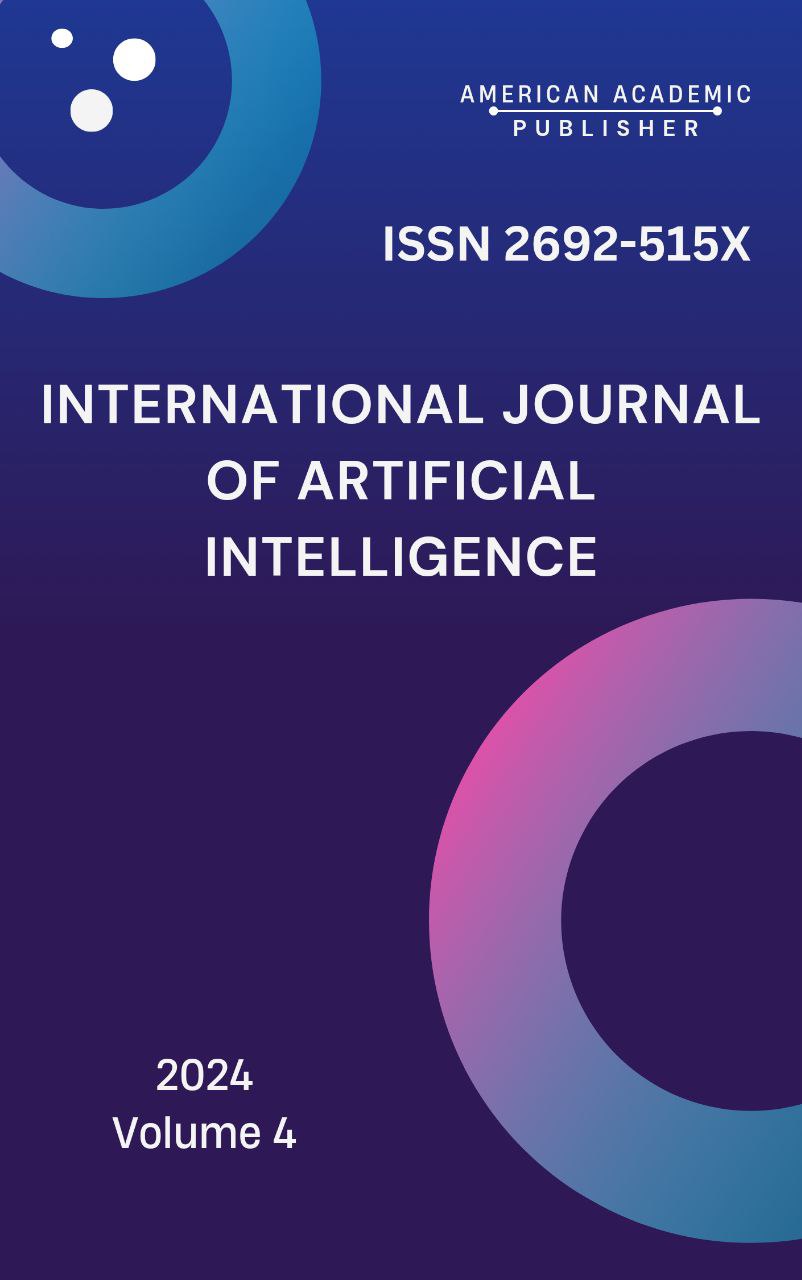 Articles
| Open Access |
Articles
| Open Access | NATION-BUILDING AND GOVERNANCE IN POST-SOVIET UZBEKISTAN: THE 'MUSTAQILLIK' IDEOLOGY AND ITS IMPACT ON ECONOMY, FOREIGN POLICY, AND IDENTITY
Pulatov Khasan , East China Normal University, School of Politics and International Relations 2st year Master’s studentAbstract
This article examines the national concept of "mustaqillik" (independence) as the cornerstone of Uzbekistan's state ideology during Islam Karimov’s presidency following the country's declaration of independence in 1991. Beyond political sovereignty, this ideology shaped Uzbekistan's economic, foreign policy, and cultural trajectories. In economics, the "Uzbek Economic Model" emphasized state control, economic protectionism, and import substitution, achieving stability but at the cost of low productivity and persistent corruption. The "defensive self-sufficiency" foreign policy aimed to maintain parity, avoid alliances, and reject expansionist ideologies while addressing regional security challenges, particularly in Afghanistan. Culturally, the regime sought to craft a secular national identity centered on historical figures, such as Amir Timur, and the revival of pre-Islamic traditions, alongside selective accommodation of Islamic heritage. The study highlights how these policies reflected and reinforced Karimov’s vision of a sovereign Uzbekistan, balancing stability with the limitations of state-centric governance.
Keywords
Uzbekistan, Mustaqillik, Economic Model, Defensive Self-Sufficiency, National Identity, Islam Karimov, Post-Soviet Transition, State Ideology, Nation-Building.
References
Toktogulov, B. "Uzbekistan’s Foreign Policy under Mirziyoyev: Change or Continuity?" Eurasian Research Journal 4, no. 1 (2022): 49–67.
Ruziev, K.D .& Ghosh, S. C. "The Uzbek Puzzle Revisited: An Analysis of Economic Performance in Uzbekistan Since 1991." Central Asia Survey 26, no. 1 (2007): 7–30.
Markowitz, L. P. "Rural Economies and Leadership Change in Central Asia." Central Asian Survey 35, no. 4 (2016): 514–530.
Рахматуллаев, Ш. М. "Эволюция экономической политики Республики Узбекистан в 1991-2016 гг.: от плана к протекционизму." In Политическое пространство и социальное время: глобальные вызовы и цивилизационные ответы, 173–180. 2021.
World Bank Group. (2019, August 1). Uzbekistan - Public Expenditure Review (Russian). Washington, D.C.: World Bank Group. http://documents.worldbank.org/curated/en/556421586324506269/Uzbekistan-Public-Expenditure-Review
Teles Fazendeiro & Bernardo D. S. R. "Keeping Face in the Public Sphere: Recognition, Discretion and Uzbekistan's Relations with the United States and Germany, 1991–2006." Central Asian Survey 34, no. 3 (2015): 341–356.
Law of the Republic of Uzbekistan, No. 336-I, on the Basic Principles of Foreign Policy Activities of the Republic of Uzbekistan. December 26, 1996. CIS Legislation. https://cis-legislation.com/document.fwx?rgn=801.
Allison, R. Russia, the West, and Military Intervention. Oxford University Press, 2013.
Laçøner, S., & Laçiner, S. "Turgut Özal Period in Turkish Foreign Policy: Özalism." Journal Name, 2 (2009): 153-205.
Menga, Fabrizio. "Building a Nation through a Dam: The Case of Roghun in Tajikistan." Nationalities Papers 43, no. 3 (2015): 21–35.
Fumagalli, Michele. "Ethnicity, State Formation and Foreign Policy: Uzbekistan and 'Uzbeks Abroad.'" Central Asian Survey 26, no. 1 (2007): 105–122.
Alimjanov, B. "Великое 'Историческое' Прошлое: Как Создавалась Новая Национальная Идентичность в Узбекистане и Таджикистане." Central Asian Bureau for Analytical Reporting, January 26, 2019.
Article Statistics
Downloads
Copyright License

This work is licensed under a Creative Commons Attribution 4.0 International License.

